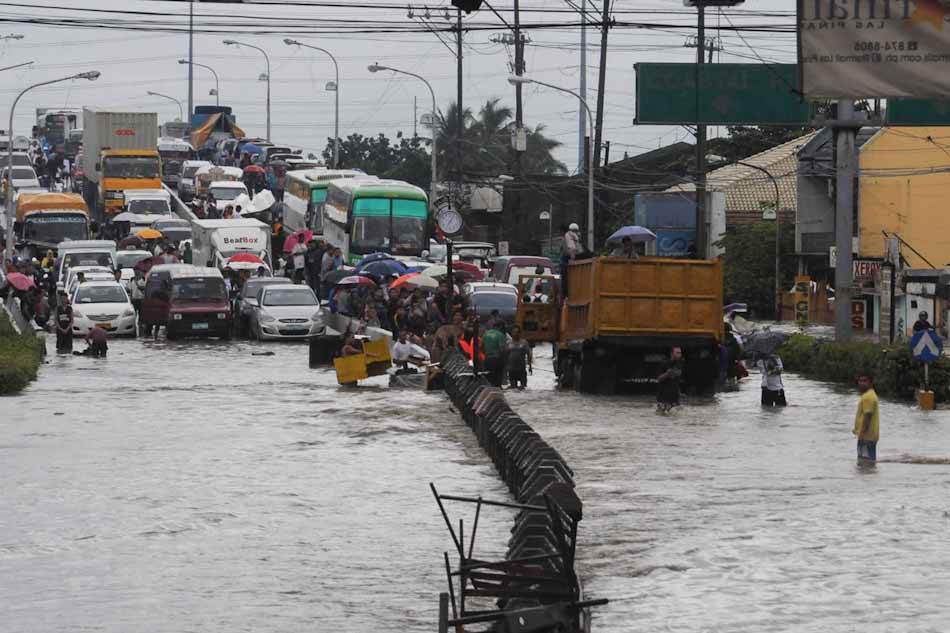
Reading Time: minutes
The recent flooding brought about by tropical storm Maring has paralyzed the Philippine capital and businessmen are bracing themselves for its economic impact. Up until today, the business sector was very optimistic about the country's economy. With its record-breaking 7.8% growth during the first quarter, the Philippines has become the newest darling of global investors--with the robust real estate industry being one of its main drivers. However, with Maring's aftermath, many have raised concerns on its effect on the economy, specifically on the real estate sector. Will prices remain stable? Can floods deter the booming industry? Will positive forecasts still remain? Though it is still too early to say, here's a short preliminary analysis and rundown of plausible scenarios showing the effect of Maring on the industry.
Commercial Market
City flooding might not have a massive impact on all the office markets. Most of the buildings in the city are dry, and most of them have long-term leases, which ensures that vacancy rates won't immediately go up. While it may temporarily slow down companies and businesses in making decisions as they assess the financial impact of the event, it is also possible that it would result in an increase of demand for office space in certain areas, especially in Makati and Fort Bonifacio CBDs. As the majority of Metro Manila struggled with floods, these major CBDs remained flood-free, proving that they are still the best cities to locate offices in.
However, the long-term impact could be felt if the government doesn't resolve this problem soon. Businesses planning to expand or move to the Philippines might think twice about moving and setting up their corporate office here. It is imperative for the country to have a good disaster recovery plan just in case heavy rains and thunderstorms hit the capital again. More importantly, the infrastructure to handle storm run-off water needs to be built by the government as soon as possible.
Residential Market
Prices are not likely to depreciate due to the flooding, though buyers might become more hesitant and anxious in buying properties in certain locations. I expect, however, that people who own homes in affected cities would consider moving to neighborhoods in higher grounds, such as Tagaytay and Antipolo or opt for space in mid to high-rise condos. Fort Bonifacio condos as well as spaces in Makati, and other buildings located in the major business districts, offer greater protection against calamities, with its well-planned structure, flood-free location, and backup power. As such, demand for condo spaces are expected to increase. This signals a tighter rental market within the CBDs, higher monthly rental rates, and a better chance for value of space to increase.
Maring may possibly skew the prices and rates in real estate and discourage buyers to shop in certain locations, but it served an important purpose--it allowed consumers to see which areas are truly safe from flooding and it shook the government to do something about the city's poor urban planning and flood infrastructure.
Do you have questions about this article? Feel free to contact us today. KMC Savills is the leading local real estate firm in the Philippines, offering comprehensive and up-to-date advice on capital markets and investments.

